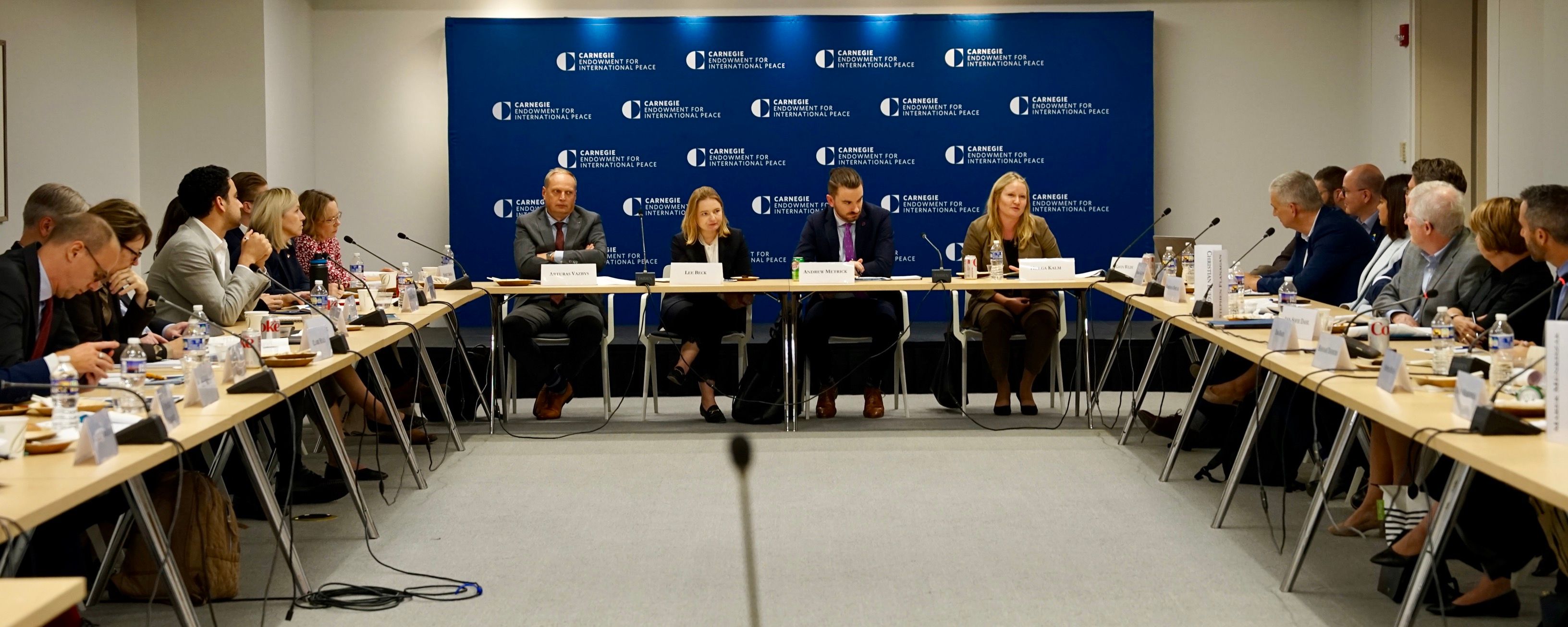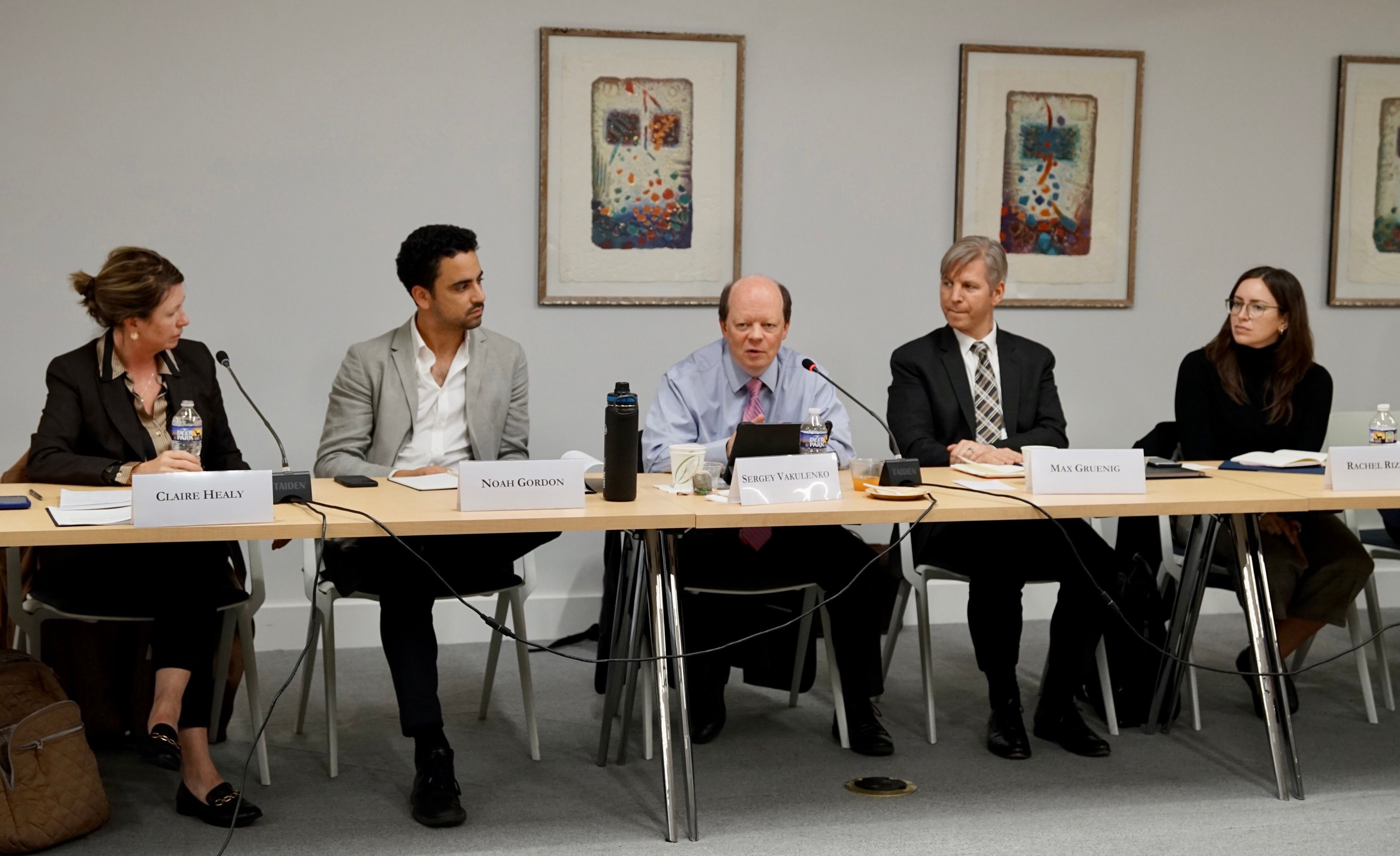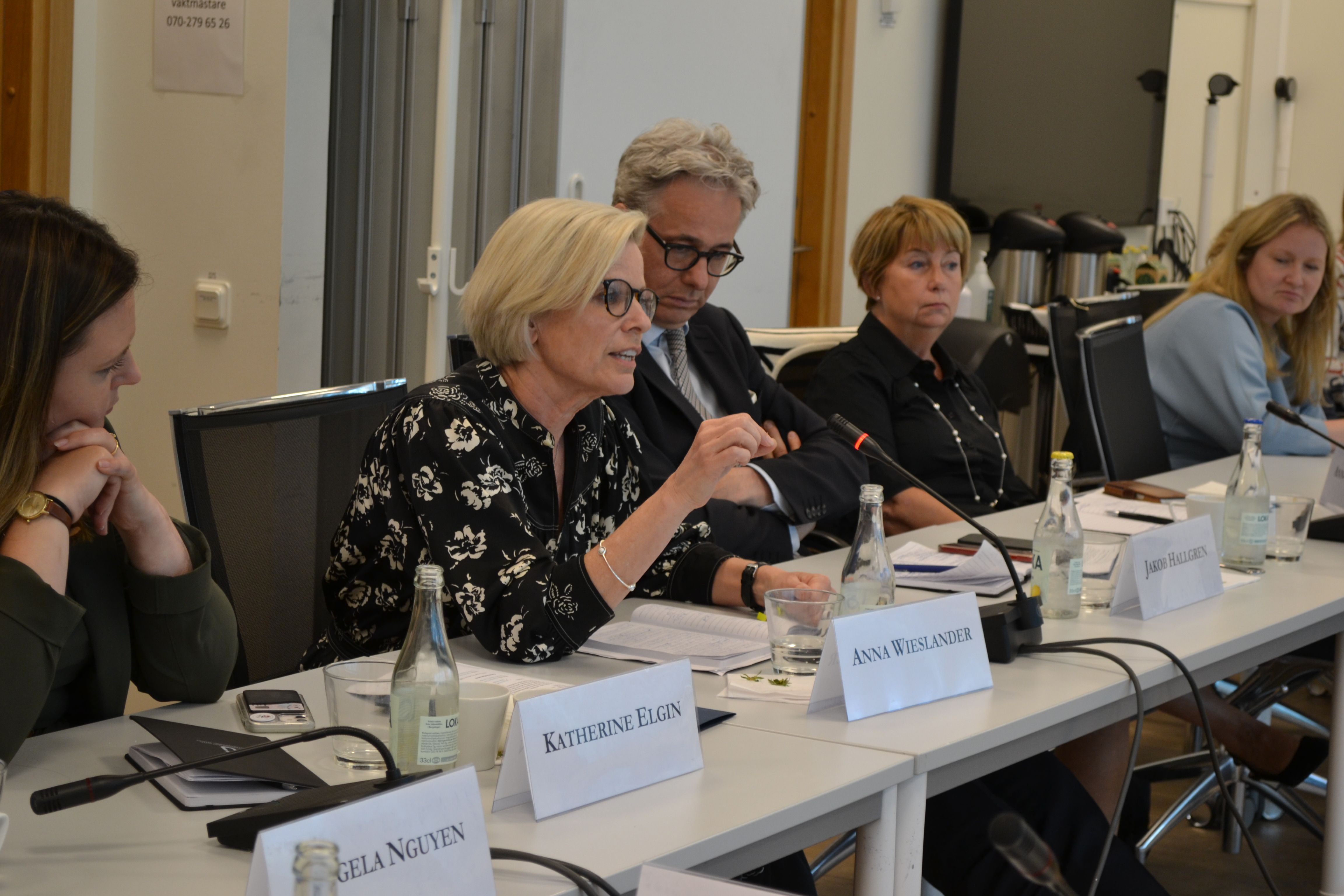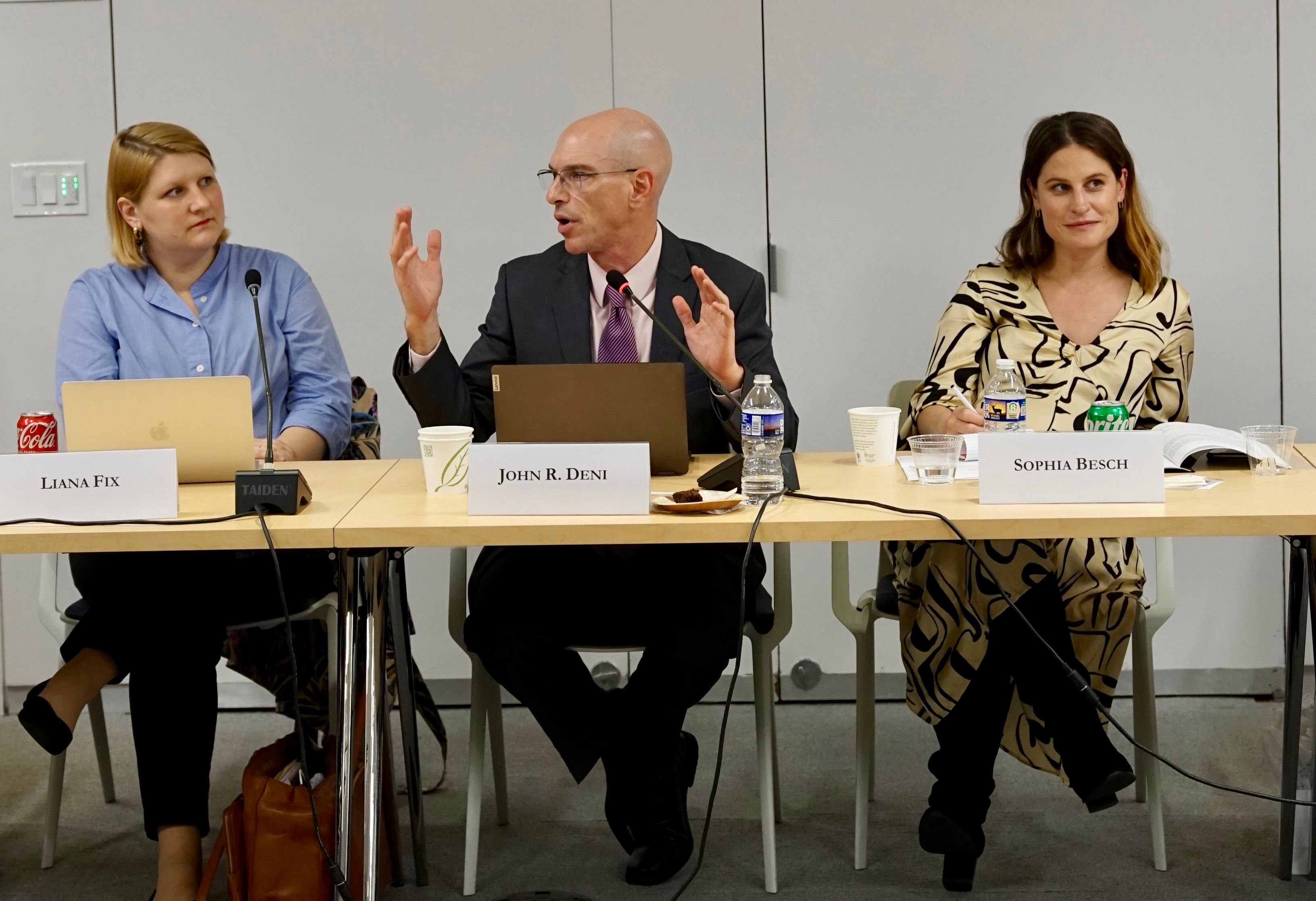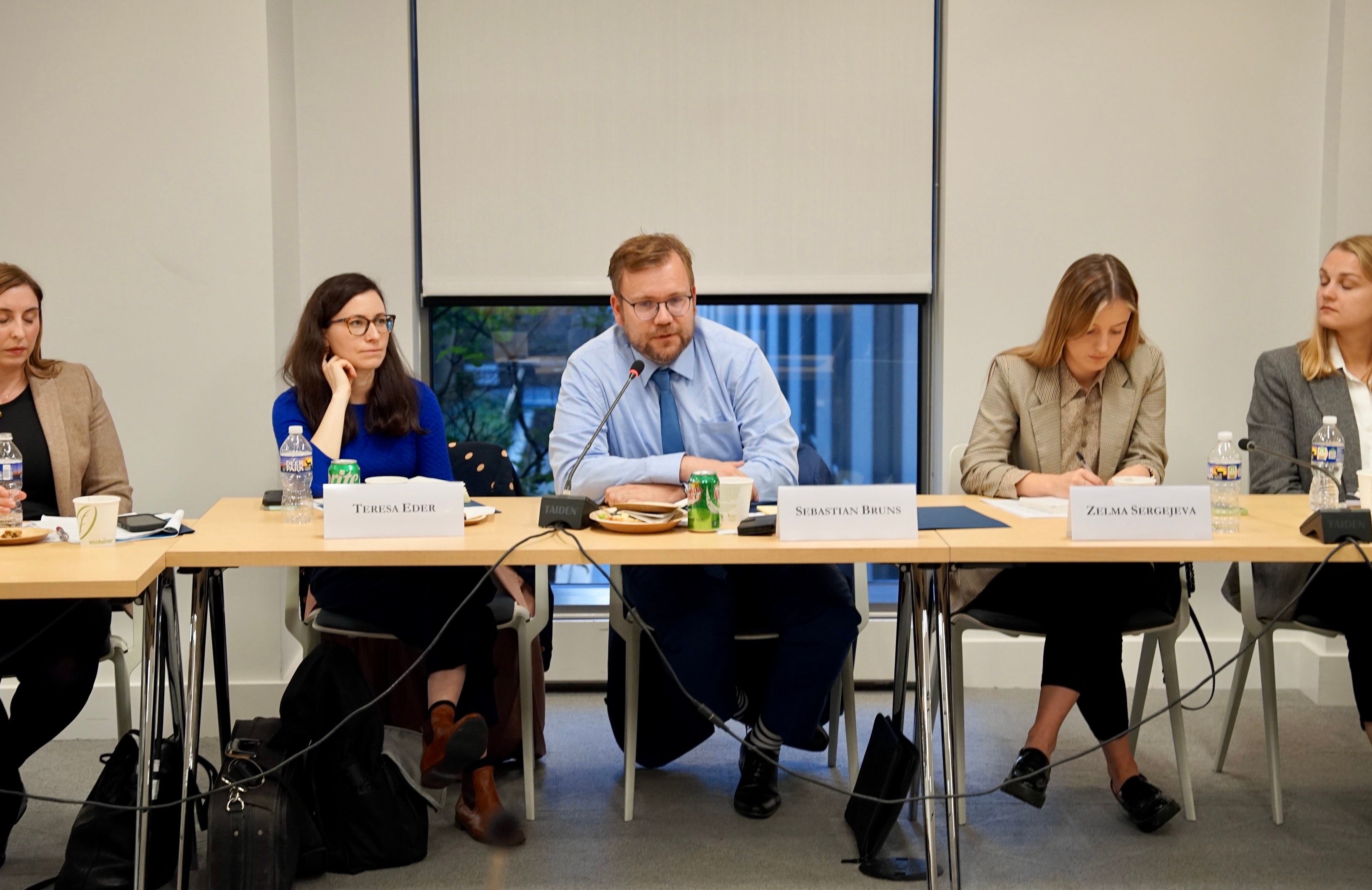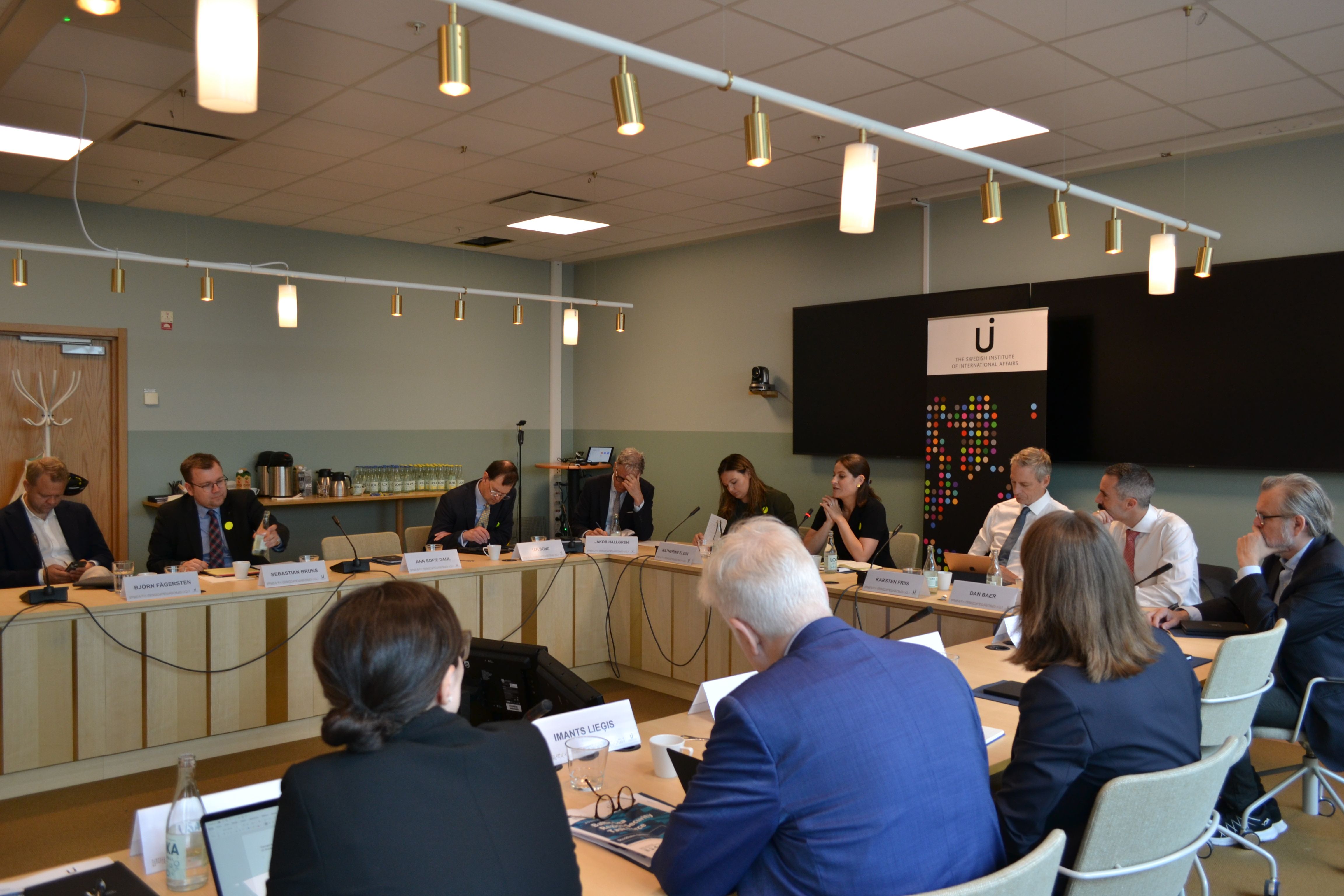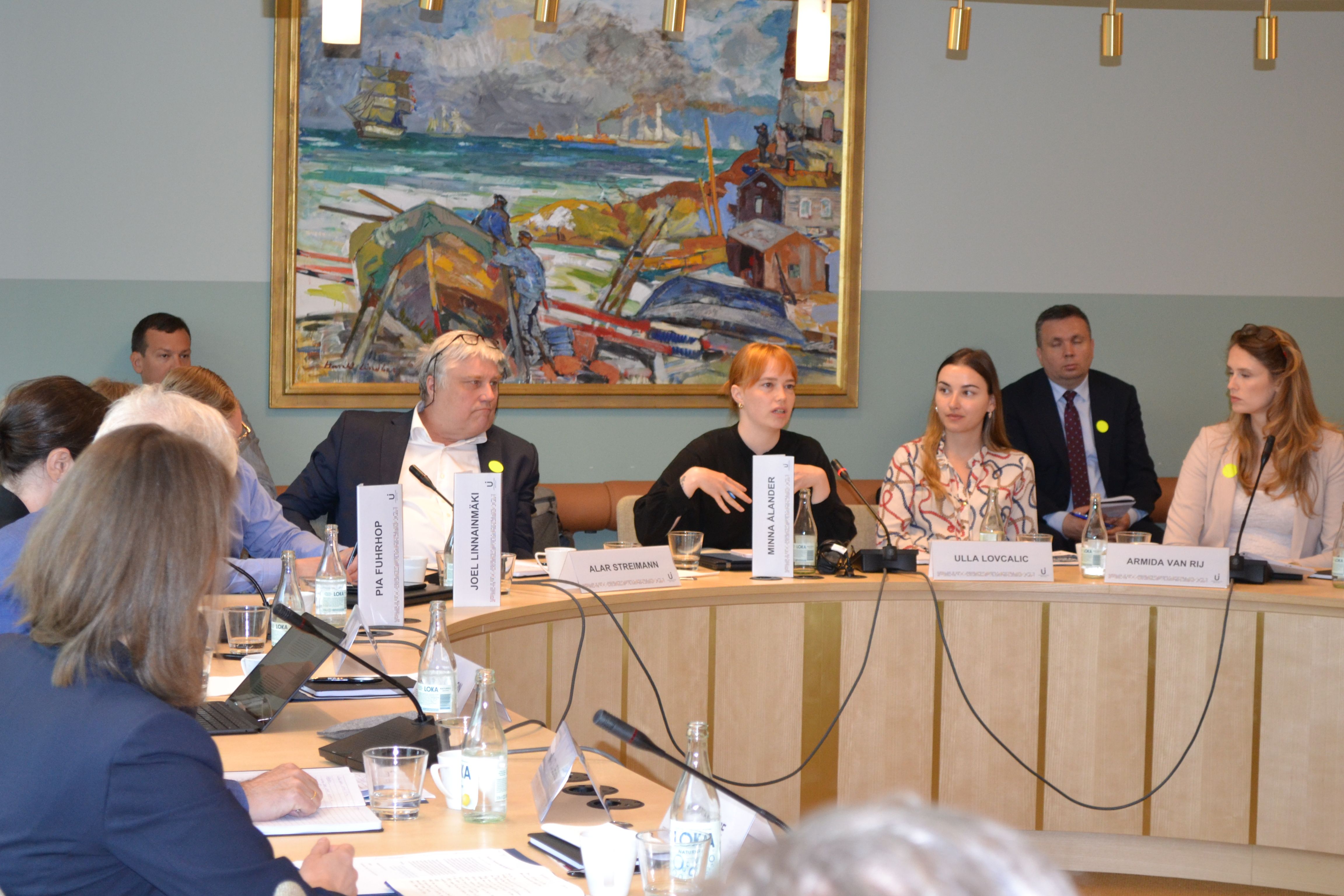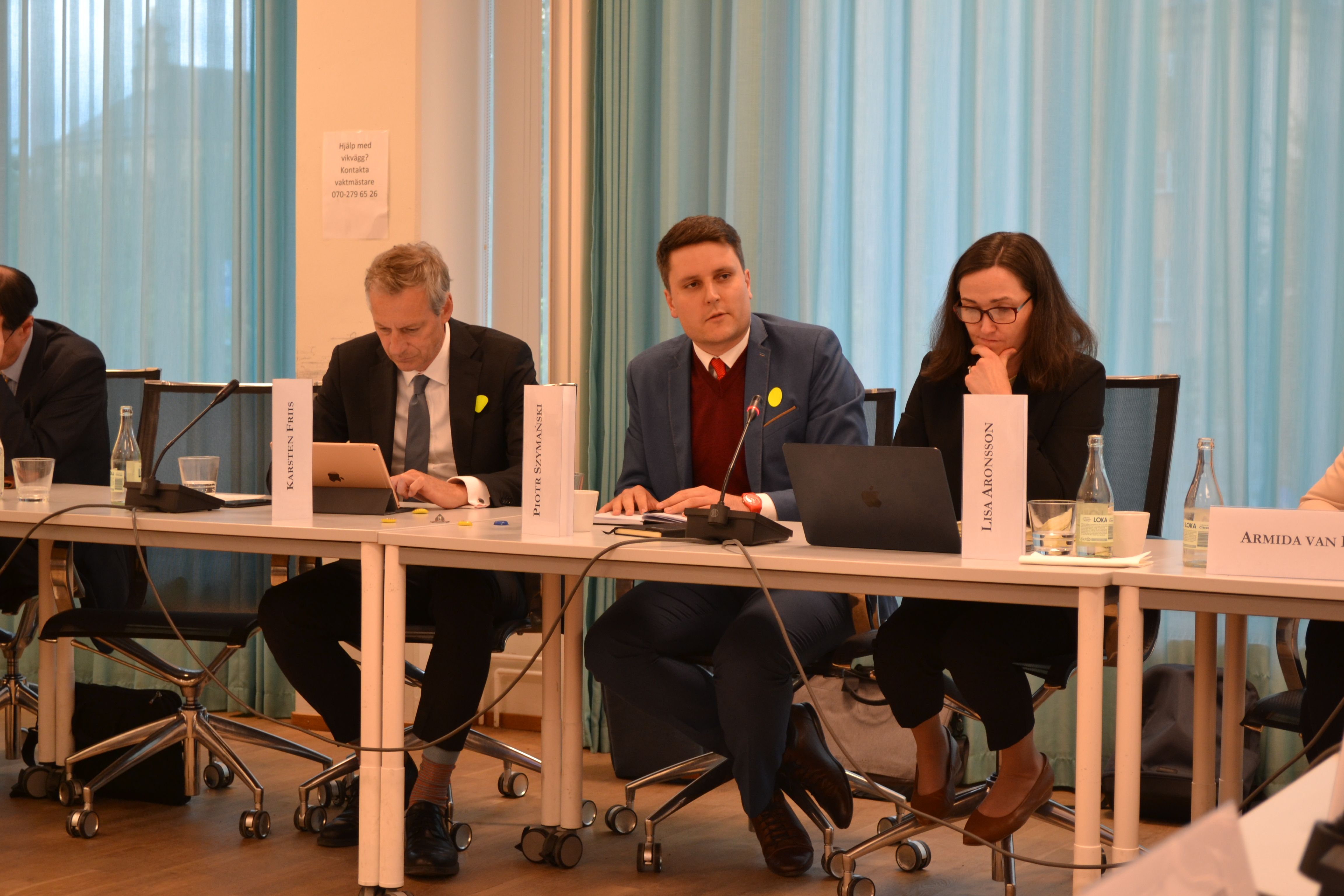
Projects — Europe
Baltic Sea Region Security Initiative
About the Project
The European Baltic Sea region country have long shared close political, security, and defense ties. Russia’s invasion of Ukraine in 2022 highlighted the importance of these linkages and the necessity of building a more comprehensive approach to regional security and defense. In this context, Carnegie’s Baltic Sea Region Security Initiative brings together public and private sector representatives from every country in the region to discuss how to cooperate and overcome the most pressing challenges. In fostering greater coordination and cooperation, the Baltic Sea region can become a laboratory for other operational theaters in Europe.
Programs
Europe
The Europe Program in Washington explores the political and security developments within Europe, transatlantic relations, and Europe’s global role. Working in coordination with Carnegie Europe in Brussels, the program brings together U.S. and European policymakers and experts on strategic issues facing Europe.
Our Team
Dan Baer is senior vice president for policy research and director of the Europe Program at the Carnegie Endowment for International Peace. Under President Obama, he was U.S. ambassador to the Organization for Security and Cooperation in Europe (OSCE) and he also served deputy assistant secretary of state for the Bureau of Democracy, Human Rights, and Labor.
Sophia Besch is a senior fellow in the Europe Program at the Carnegie Endowment for International Peace. Her research focuses on European foreign and defense policy.
Katrine Westgaard
Former James C. Gaither Junior Fellow, Europe Program

Katrine Westgaard was a James C. Gaither Junior Fellow in the Carnegie Europe Program.
More on the Baltic Sea Region Security Initiative
The Baltic Sea region is a distinctive hub of international trade, energy flows, industrial links, and cultural exchange. At a time when major war has returned to Europe, the region is also a potential theatre of confrontation with Russia. The countries of the Baltic Sea region—the Nordics, the Baltics, Poland, and Germany—have long been linked through a web of close political, security, and defense cooperation formats, but cooperation has often been uneven. Russia’s aggression against Ukraine has united them against the shared threat. Recent events, such as Finland and Sweden joining NATO, Denmark removing its opt-out from the European Union’s Common Security and Defense Policy, NATO and the EU ramping up cooperation, and countries of the region vowing to advance their energy security, are paving the way to a more coherent and comprehensive approach to security and defense in the region.
MORE >